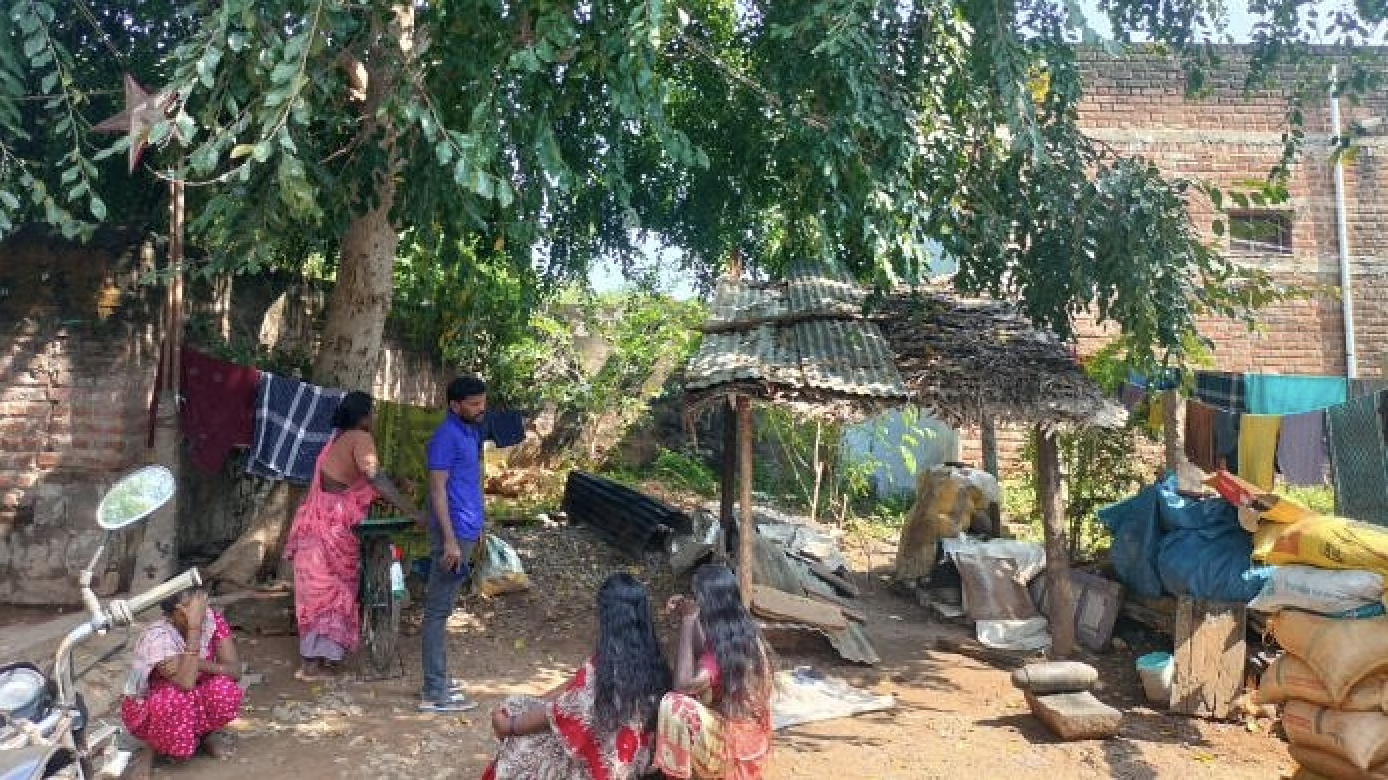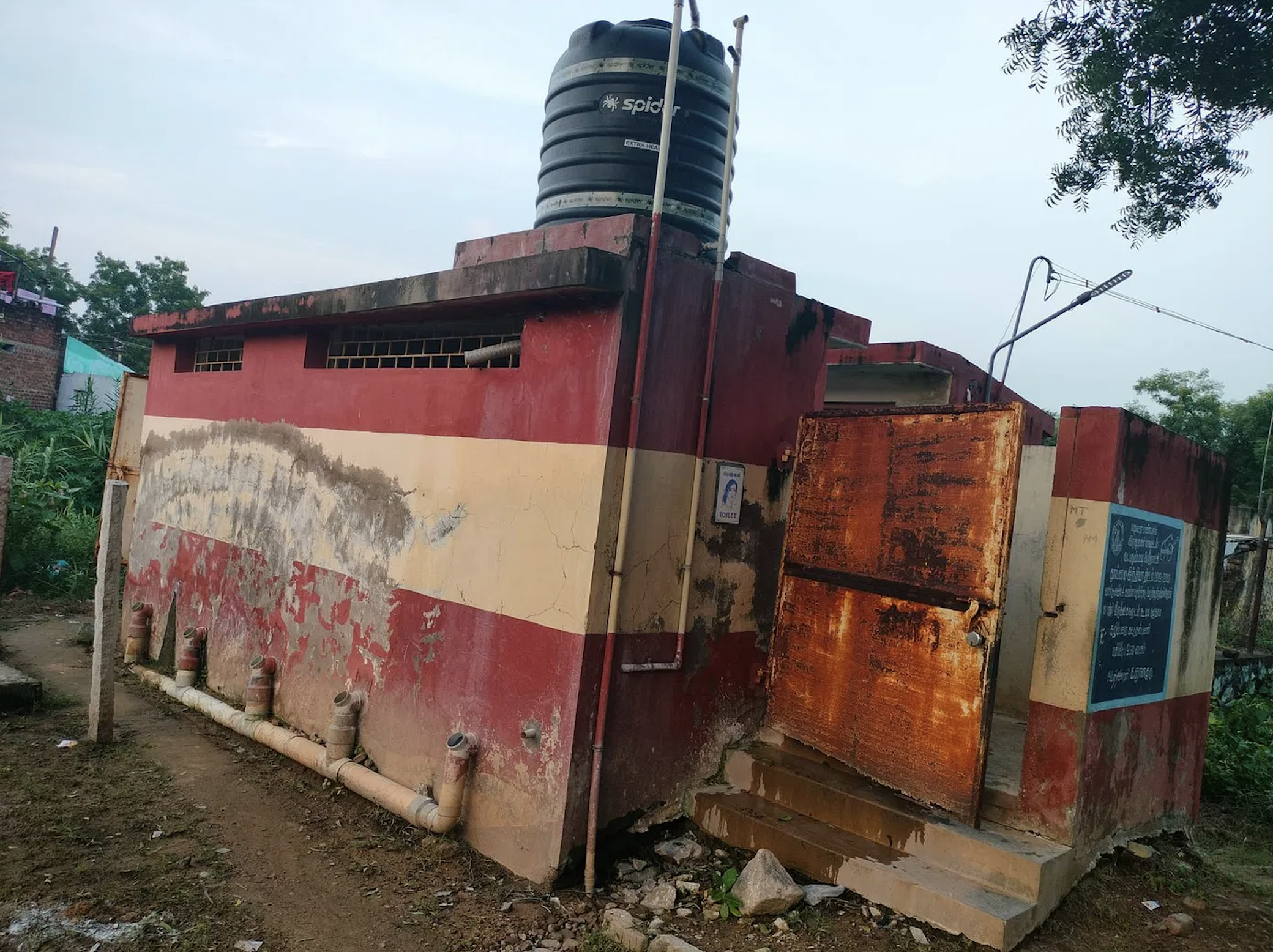
By Aneesa PA
Virudhunagar: Cheyyakodi walks over 10 minutes every morning to a barren patch of land to answer nature’s call. After fetching a mug of water from a nearby pond, the 60-year-old pulls her up loosely clad saree to squat as her legs ache due to age.
A public toilet stands just a stone’s throw away from her house, but it’s behind a 10-foot tall wall, nearly five metres in length, that hides everything beyond it as if it marks where the village ends.

This is the “untouchability wall”, as the villagers of W Pudupatti village in Tamil Nadu’s Virudhunagar district call it—and a symbol of deep-rooted caste segregation that persists despite the ban on caste discrimination in the country.
This story was originally published in theprint.in. Read the full story here.

